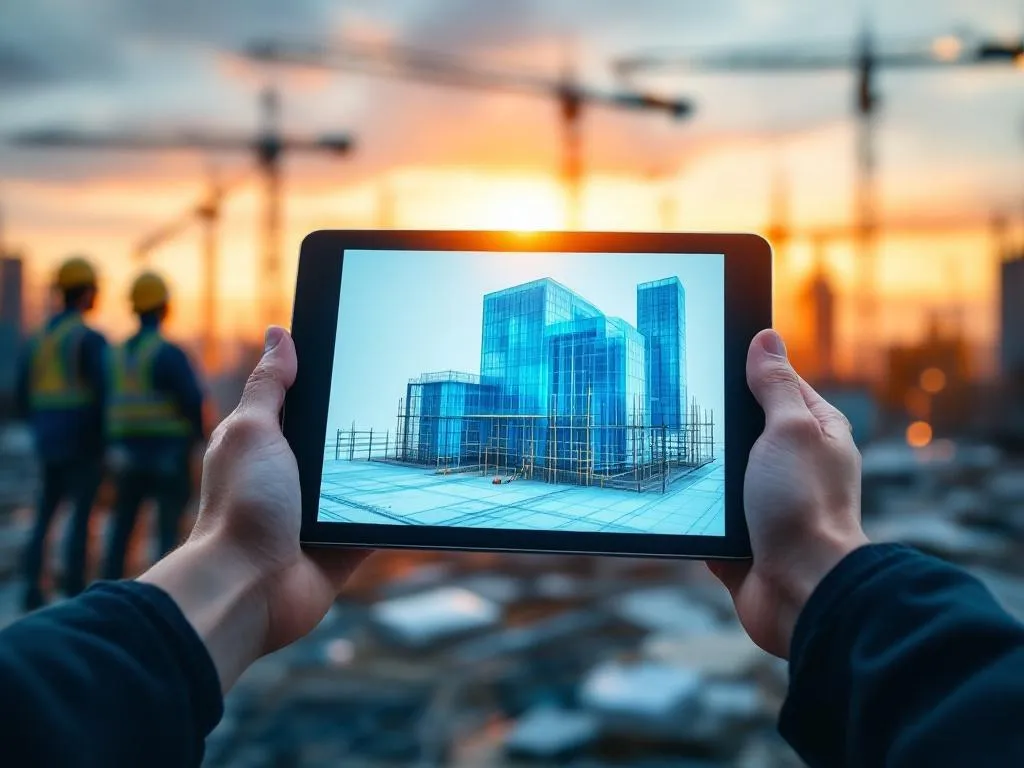
Building the Future: The Innovative Evolution of Construction Services
Construction services are a key facet of our society, providing the infrastructure for communities, industries, and nations around the globe. The industry is undergoing significant change, driven by technological advancements, sustainability practices and innovative techniques. This transformation is not only reshaping the way construction services are delivered but also influencing the future of construction and its role in shaping our world.
In the era of digital transformation, construction services are no exception. Technological advancements are revolutionizing the industry, enabling more efficient, cost-effective, and safer methods of construction. Artificial Intelligence (AI), for instance, is being incorporated into construction services to enhance productivity, reduce costs, and improve safety. AI-driven tools can predict potential construction issues before they occur, allowing for proactive measures to be taken. In addition, Machine Learning algorithms are being used to analyze past projects and provide data-driven insights to guide future construction efforts.
Virtual and Augmented Reality (VR/AR) are also redefining construction services. These technologies provide 3D visualization of construction projects, enabling architects, engineers, and clients to analyze and modify designs in real-time. VR/AR can also enhance training and safety procedures by simulating real-life construction scenarios, thereby reducing the risk of accidents and improving worker efficiency.
Moreover, the adoption of Building Information Modeling (BIM) is transforming the design and construction process. BIM allows for digital representation of the physical and functional characteristics of a facility, enabling better project management and more accurate cost estimation. The use of BIM can significantly reduce errors, rework, and cost overruns, leading to a more efficient and successful construction project.
Alongside technological advancements, sustainability practices are playing a pivotal role in shaping construction services. The construction industry is one of the largest contributors to global greenhouse gas emissions. Therefore, the adoption of sustainable construction methods is not only beneficial but also necessary for the environment.
Green building materials like recycled steel, concrete, and insulation are becoming increasingly popular. These materials have a lower environmental impact compared to traditional construction materials, contributing to reduced carbon emissions. Moreover, energy-efficient designs and renewable energy systems are being incorporated into construction projects to minimize energy usage and reduce the carbon footprint.
In addition to green building practices, innovative techniques such as modular and prefabricated construction are being adopted in the industry. These methods involve manufacturing components of a building off-site and then assembling them on-site. By doing so, waste is minimized, construction time is reduced, and efficiency is improved.
The future of construction services is also being shaped by the growing trends of smart buildings and cities. Smart buildings use sensors, actuators, and microchips to collect and analyze data, enabling efficient use of resources and enhancing the comfort and safety of inhabitants. On a broader scale, smart cities use digital technology to enhance the quality of urban services, reduce costs, and improve contact between citizens and government.
In conclusion, the construction services industry is undergoing a significant transformation, driven by technological advancements, sustainability practices, and innovative techniques. These changes are not only improving the efficiency, cost-effectiveness, and safety of construction projects but also shaping the future of construction and its role in our world. With the continued adoption of these practices, the construction industry is poised to contribute to a more sustainable, efficient, and technologically advanced society.
